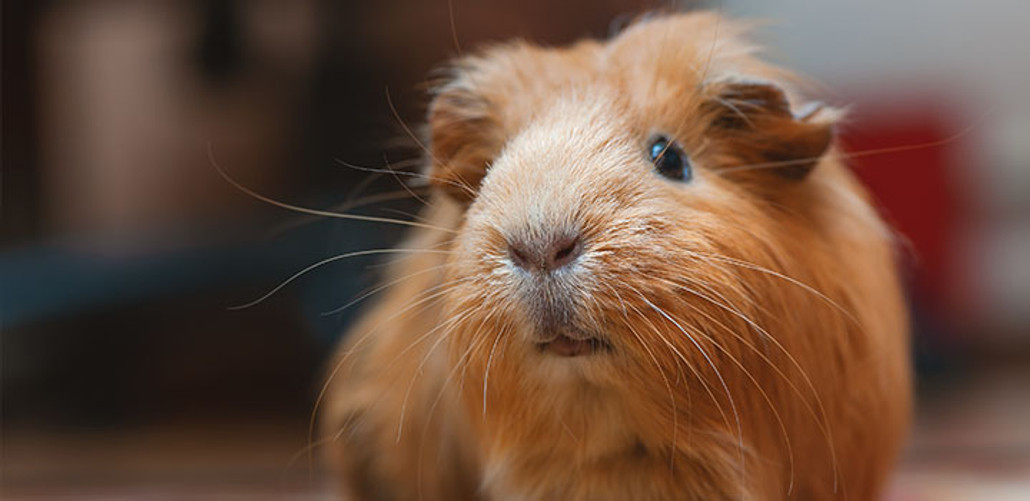
Vitamin C for Guinea Pigs
Posted by Grange Co-op on 5th Aug 2015

Guinea pigs, also known as cavies (caviinae), are part of the rodent family. Unlike other rodents, Guinea pigs require 100% Vitamin C supplementation from hay, fortified pellets, fresh fruits and vegetables. Vitamin C (ascorbic acid) is crucial for good health. Without enough Vitamin C in their diet, Guinea pigs can suffer from scurvy just like people can. Guinea pigs need around 10-30 mg of Vitamin C daily.
Signs your Guinea pig is not getting enough Vitamin C.
If your Guinea pig shows any of these signs contact your “cavy savvy” veterinarian as soon as possible.

- Lethargy; lying on its side, unable to move.
- Hopping and having trouble walking around.
- Not eating and loss of weight.
- Diarrhea
- Eye and nose discharge. (Can also be a sign of other illness)
- Poor coat and flesh condition.
- Achy joints; doesn’t like to be touched or moved.
- Poor immune system.
There are several easy ways to supplement your Guinea Pig's Vitamin C.
- Always make sure your cavy has access to fresh water.

- High quality hay and fortified pellets are an easy way to give your animal Vitamin C, and storing these in cool, dark and dry places will help to keep the added vitamins and minerals viable.
- It’s always a good idea to check the freshness of the food you are buying. Use the pellets within 90 days of production for maximum potency.
- Fresh fruits and vegetables are packed full of goodies that your cavy will enjoy. Look for dark leafy greens and bright colored fruits and vegetables.

Grange Co-op supplies Oxbow Daily C Tablets. We recommend one tablet daily. They can be fed as a treat by hand or put in the food dish at meal time. Vitamins that are added to water are not a reliable way to provide nutrients to your Guinea pig. Chemicals that are added into water can affect the viability of Vitamin C; there is no way of measuring the exact amount your cavy is taking in.
Guinea pigs are fun, smart and cuddly pets. Using treats, they can be easily trained to do simple tricks; there are even cavy agility events! With proper care they can live 3-7 years; some have been known to live longer.
